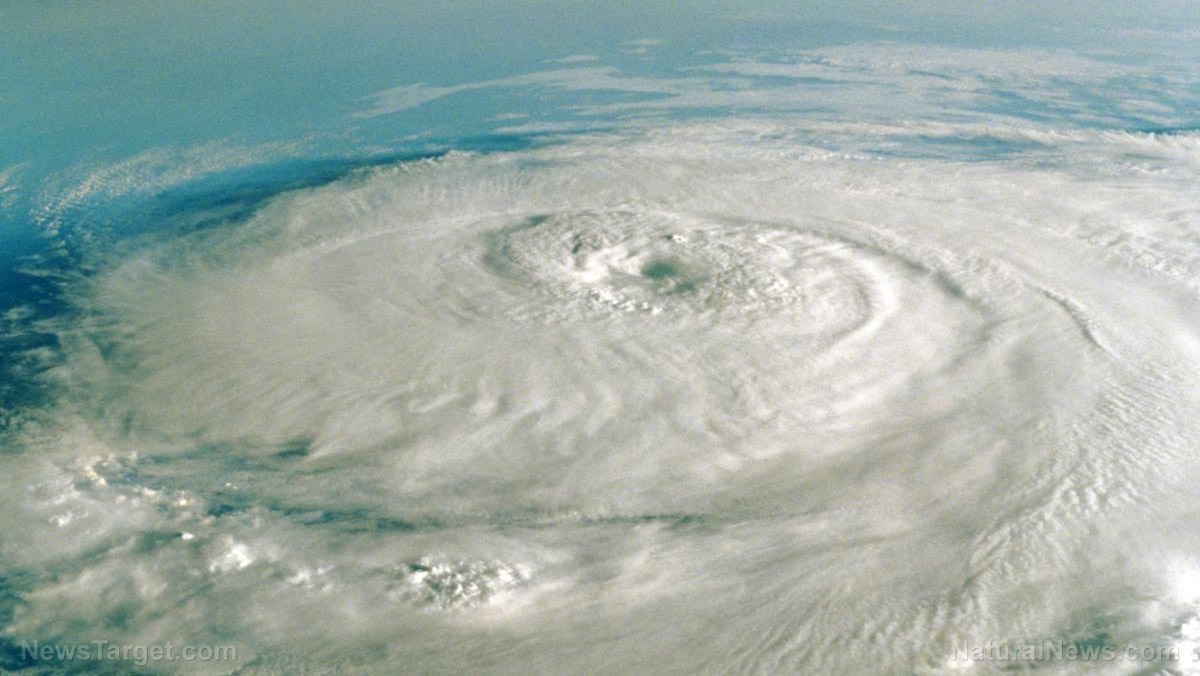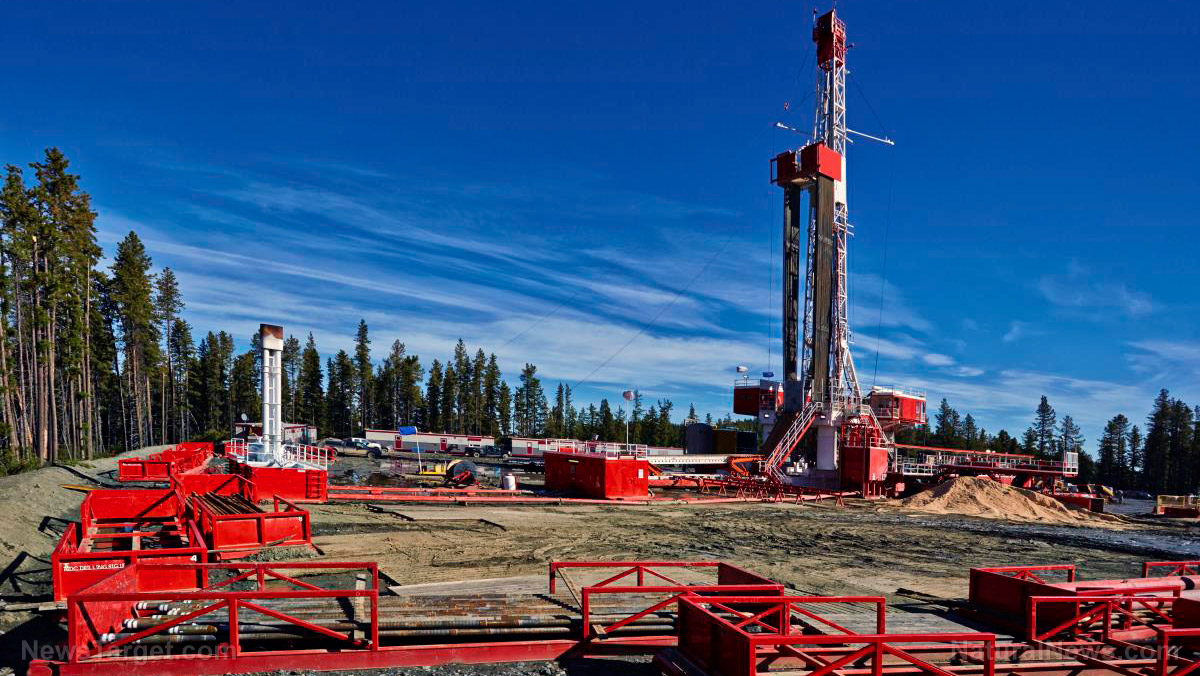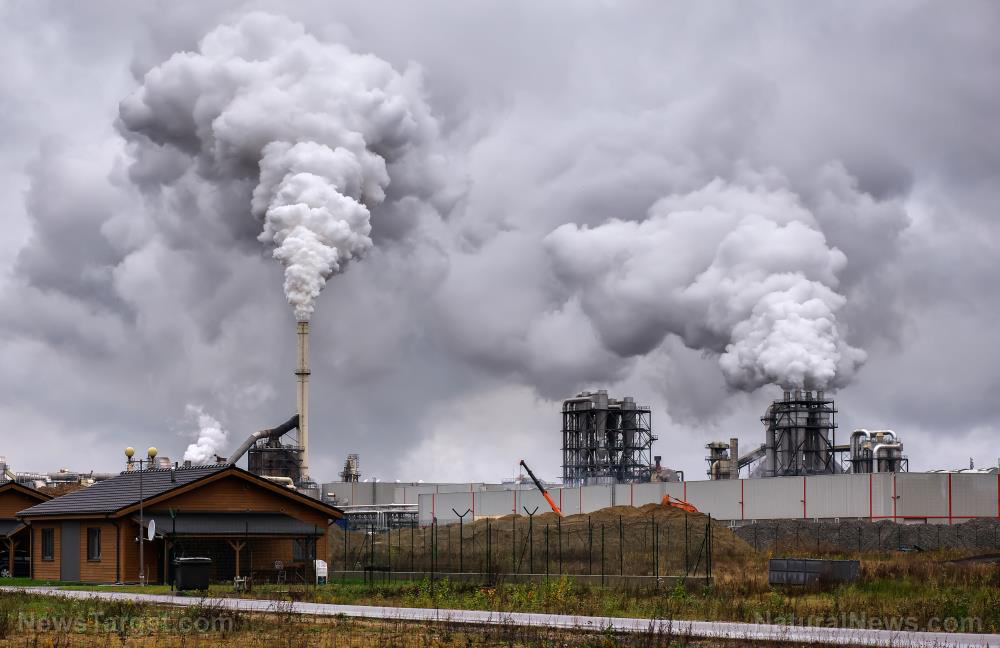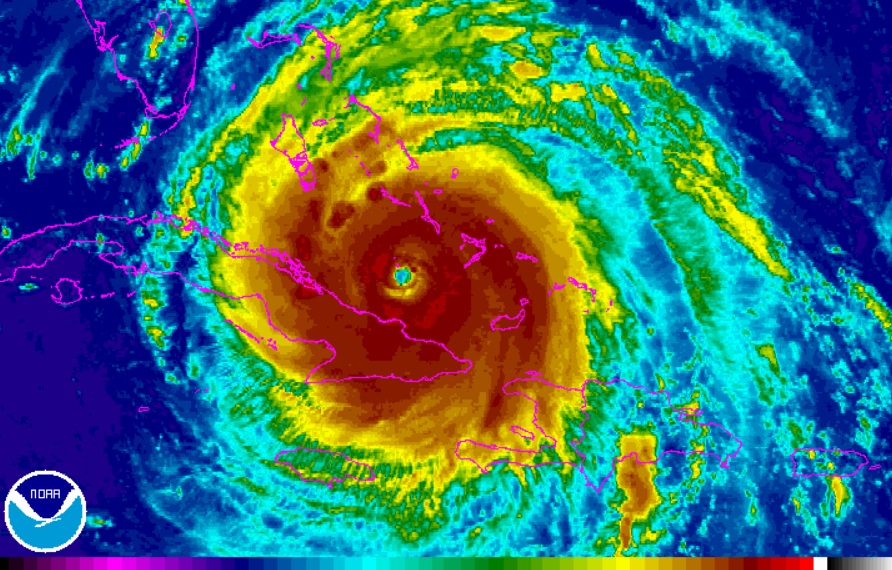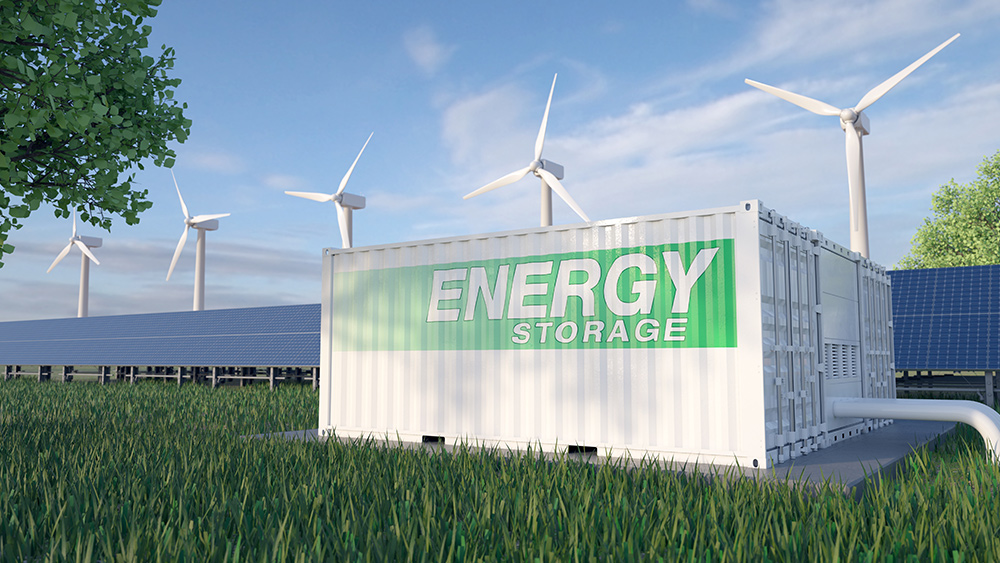One step closer to decentralized renewable energy? New magnetic floating flywheels may provide the storage solution
09/23/2018 / By Janine Acero
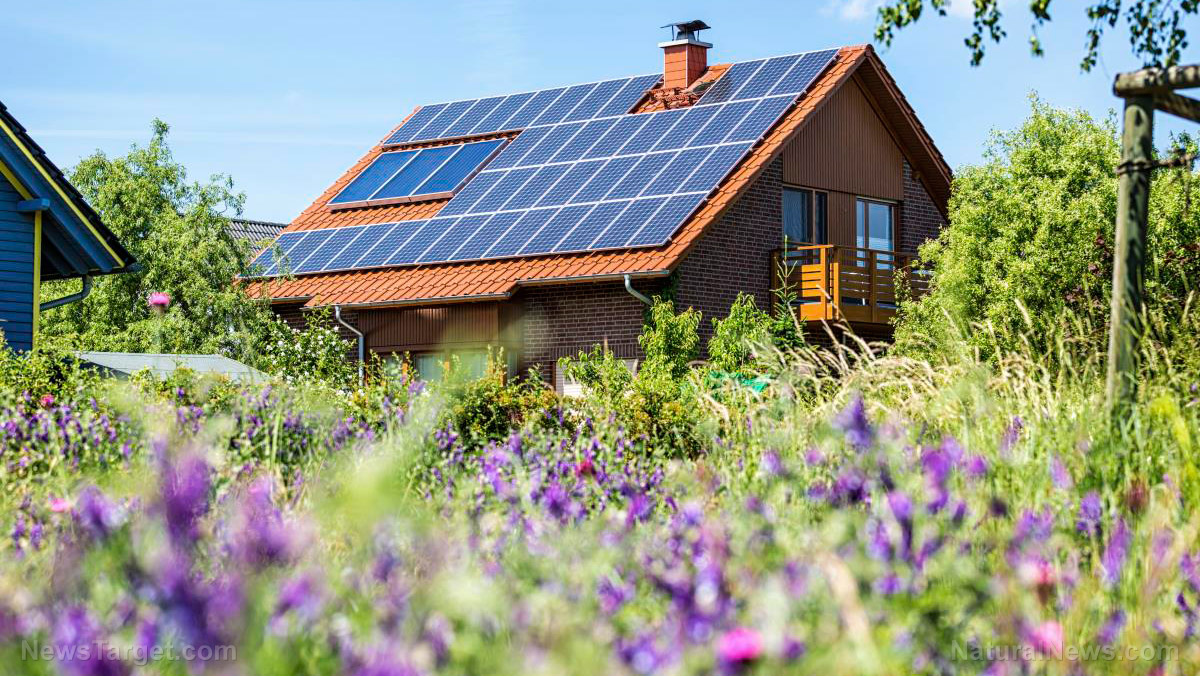
The use of alternative energy sources has become increasingly important as energy costs have been rising and fossil fuels such as coal and gas have contributed greatly to environmental pollution. One solution is to save energy from wind turbines and solar cells; however, to store energy when sunlight and wind are not available can be a major dilemma.
The so-called Flywheel Energy Storage (FES) is a technique for storing energy in floating wheels supported by a magnetic field. It has been a known apparatus for many years and is used in some parts of the U.S. such as New York for energy storage.
A flywheel is a very heavy wheel that takes a lot of force to rotate. The SciTech.com article explains: “The principle behind a flywheel is that a heavy cylinder is kept floating in vacuum containers by means of a magnetic field.” Adding a power source such as the energy from a wind turbine will push the wheel in motion. The inertia of the spinning wheel stores or generates kinetic energy.
The energy produced from this mechanism can be converted into electrical energy and can be accessed immediately or stored for later use. The flywheel floats on magnetic bearings, with no air resistance. This minimizes energy loss.
The flywheel makes a good source of renewable energy as it can release large amounts of energy and can be recharged in a short time. However, the flywheels lose energy as quickly as you can charge it. This makes it problematic for long-term energy storage. The flywheel has a self-discharge of ten minutes and is therefore currently not fit to be an alternative to modern batteries.

To solve this dilemma, the hovering cylinder has to be supported by nanomagnets so the flywheel may be able to store energy for up to a day. The challenge with the control of nanomagnets has been the focus of recent years at the Department of Chemistry at Aarhus University.
The new energy storage technology can help improve the propagation of renewable energy. Successfully and efficiently storing energy may help minimize our dependency on fossil fuels such as coal, oil and gas.
Power your home with renewable energy
Renewable energy is an efficient source of energy to power and heat your home. Some of these include:
- Solar panels – These are usually installed on the roof of a home or in a large backyard area. Your home will always have backup energy for days of high energy use or when the power from the electric company is cut such as in heavy winter storms or rolling blackouts.
- Wind turbines – These modern wind mills operate by using the wind’s kinetic energy, which pushes the blades of the turbine and spins a motor that converts the kinetic energy into electrical energy. It is important to determine if your home is a good fit based on wind conditions, location, etc.
- Geothermal heating and cooling systems – A liquid tube draws heat or cooling from underground and pumps that heat or cooling back into the house to maintain the temperature.
- Hydrogen gas fuel cells – Hydrogen gas can be extracted from the natural gas that comes into your home through a gas line. The extracted hydrogen can power hydrogen fuel cells and create electricity.
- Biomass combustion boilers – Waste wood and other biomass can be used to create steam and create electricity with a spinning turbine and generator.
To learn more about renewable energy, visit Power.news.
Sources include:
Submit a correction >>
Tagged Under:
electricity, Energy Storage, flywheels, future tech, inventions, power storage, renewable energy, solar energy, solar power, Wind Turbines
This article may contain statements that reflect the opinion of the author





